CASE STUDY:
Technology for detection of volatile compounds
Research Team: Dr Ben de Lacy Costello; Prof Norman Ratcliffe; Dr Tim Cox
A range of metal oxide based sensors (MOS) for the detection of volatile compounds (VOC) at the parts per billion level has been developed and patents applied for to protect the resulting intellectual property. For some applications, detection of a specific compound is appropriate, e.g. of an explosive for security applications or of an amine for food spoilage. For other applications, e.g. diagnosis of medical conditions, recognition of a fingerprint type pattern of a number of VOCs is required. Thus, the MOS sensors have been combined with miniature gas chromatography columns and machine learning approaches used to analyse these more sophisticated responses. Prototype systems have been manufactured and successfully trialled for medical, security and food quality applications.
Collaborations and interactions with end users and wider audiences
For each of these applications, the multidisciplinary academic teams have collaborated with a range of government and commercial funding bodies and with end users of the technology to develop the technology which is then trialled in realistic scenarios, i.e. TRL6 and above:
Principal medical applications include: clinicians at the Bristol Urological Institute, Southmead Hospital, Bristol Royal Infirmary, Liverpool Hospital, Yeovil Hospital. Management of bladder cancer via volatiles from urine; diagnosis of Irritable Bowel Syndrome (IBS) via volatiles from stool samples; diagnosis of C. Difficile, a hospital acquired infection, via analysis of volatiles from stool samples. The tests are frequently less invasive and less unpleasant for the patient than the currently used tests; and also more rapid in response – days reduced to minutes. Funding via Wellcome Trust, Cancer Research UK
Food quality applications: real-time monitoring of food quality, e.g. air cured hams and food spoilage, e.g. an automated system for remote monitoring for rotting of potatoes during long term storage. Funding via Home Grown Cereals Authority, British Potato Council, DEFRA, EU Framework programme.
Security applications: prototype systems manufactured, in collaboration with commercial companies and tested for the detection of VOCs to locate explosives and their precursors. Stakeholders involved include the Met Police, dstl, the Home Office, DfT and cpni.
Society and Economy
The technology is addressing some key challenges for society:
the early and less invasive diagnosis and subsequent management of a range of medical conditions, e.g. bladder cancer and bowel and colorectal diseases. This is becoming increasingly important to meet the needs of the ‘aging population’.
Systems to ensure the safety of the UK infrastructure and of people as they go about their lives, in particular the threat from improvised explosive devices.
A spin out company, Nidor Dx, has been formed to use the analysis of volatile signatures to diagnose and monitor a range of medical conditions. Stakeholders are UWE, University of Liverpool, University of Bristol and the Wellcome Trust. The first product will enable patients to receive a positive diagnosis of Irritable Bowel Syndrome (IBS) from the VOCs from stool samples. This currently involves a lengthy and costly sequence of invasive investigations.
